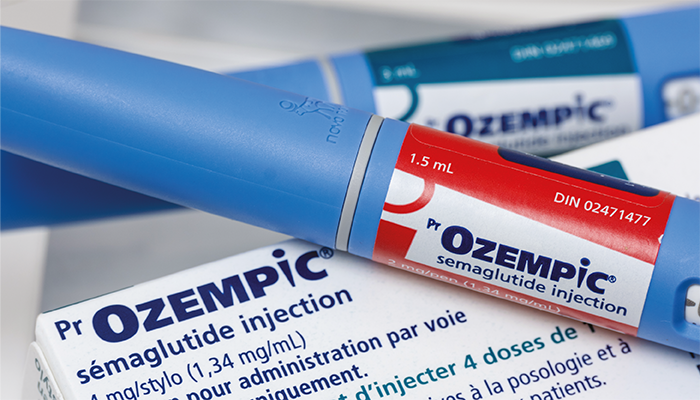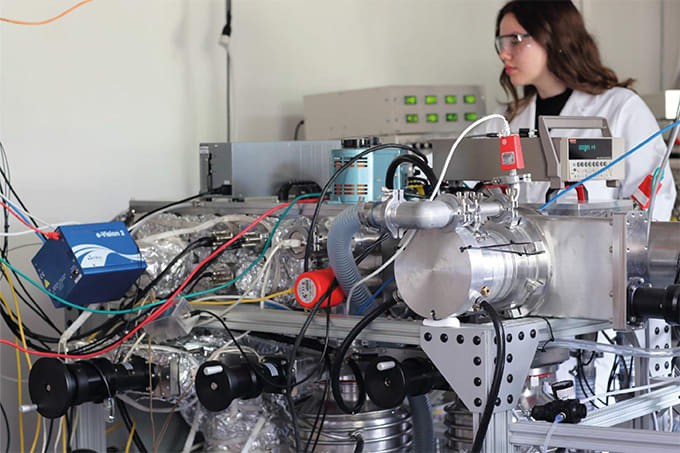
Where there are drug shortages, there are opportunities for nefarious actors. The huge demand for Novo Nordisk’s Wegovy and Ozempic (semaglutide) – as well as Eli Lilly’s tirzepatide drugs, Zepbound and Mounjaro – has led to a wave of counterfeit products catering to the weight loss market.
In 2023, the FDA found counterfeit Ozempic in the legitimate supply chain. The WHO also put out a global alert in June 2024, and the UK’s National Pharmacy Association warned of a potential “explosion” of fake products at the start of August. Indeed, a quick search on Google reveals dozens of websites that claim to be selling the drug online, with stock available.
Although counterfeits have been found in some legitimate supply chains, most fakes are sold outside of licensed channels. Regulators and pharma companies have been warning patients for years to only obtain medicines from pharmacists, doctors, and other legitimate sources, but when have humans been good at listening? In the digital age, it feels as if anything can be purchased online, but a study published in 2021 reported that around 95 percent of online pharmacies in the US are operating unlawfully.
In a research letter published in JAMA Network Open, researchers outlined how they explored online websites advertising Ozempic, purchased products, and performed tests to assess authenticity.
“Of 6 products purchased, only 3 were received,” wrote the authors. “Three vendors selling Ozempic injections engaged in nondelivery scams requesting extra payments (range, US $650-$1200) to purportedly clear customs, confirmed as fraudulent by customs agencies.”
For the products that were received, the authors used a checklist for visual inspection from the International Pharmaceutical Federation (FIP) to compare with genuine Ozempic. “Although genuine Ozempic scored the full 22 points on the FIP checklist, test purchased products scored 8 or 9 with clear discrepancies in regulatory registration information, accurate labeling, and evidence products were likely unregistered or unlicensed,” says the article.
And the testing? The researchers used liquid chromatography–mass spectrometry (LC-MS) and found that Semaglutide was present in all three samples (in amounts exceeding labeled levels by 26–39 percent), but at a much lower purity level. One sample also showed elevated endotoxin levels.
It’s dangerous to buy medicines online from the wrong sources – and it seems the industry needs to keep reiterating this message. Perhaps Pfizer should bring back its famous and hard-hitting counterfeit medicine ad campaign where a man coughs up a rat after swallowing a pill, while a voice over says: "Rat poison. Just one of the dangerous ingredients that may be found in fake medicines purchased from illegal websites."
Credit: Adobe Stock




